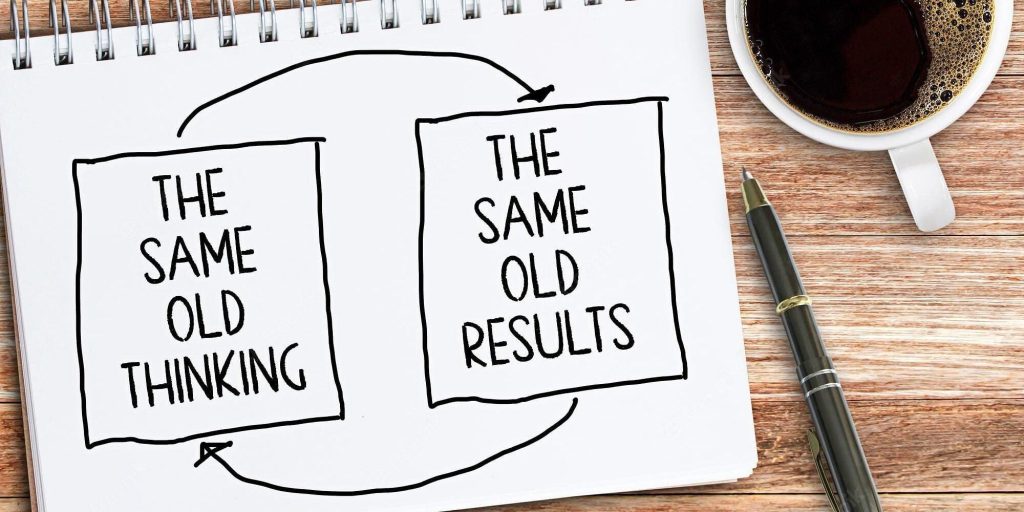
The event strategist
An “event strategist” is a relatively new role within corporates and organizations, and there are a few seasoned professionals in this field.
The event strategist is responsible for formulating and implementing an overarching event strategy for all external and internal events organized or participated in by the company. They will align the event strategy with the company’s business strategy. The event strategist will ensure each event realizes its full business potential, contributing to the growth ambitions. As an advisor and liaison to the executive board, the event strategist serves as a bridge between the boardroom, marketing, and event managers, who often operate at an operational level and struggle to act at a strategic level.
The benefit of an event strategy
An event strategy is the bigger picture. And crucial for demonstrating how your events effectively contribute to your strategic business goals for greater impact and accountability. It is a comprehensive approach for all events you organize or participate in. Whether internal or external, live, online, or hybrid. With an event strategy, you have a strategic framework for determining the direction and choices for the events you want to organize or attend.
This event strategy is the translation of your business and marketing strategy into all the events you organize. When done correctly, it should simplify the planning and execution of your events. This gives you more control over the outcomes and costs. It has been proven that and event strategy makes you about 20-40% more efficient and you save 10-15% on costs.
Key responsibilities of an event strategist
- Develops an event strategy framework that decides which events are organized and which are not.
- Determines the objectives of each event in consultation with senior management.
- Formulates and implements a strategic approach to ensure that the objectives and event ROI of each event are realized.
- Evaluate existing events to identify areas for improvement.
- Fosters synergy and optimize workflow processes for the events team.
- Manages relationships with key event stakeholders, strategic partners, and suppliers.
- Delivers cost savings by realizing better terms with suppliers and uniform way of working.
- Implements event developments and new technologies that positively impact event results.
- Analyzes participant needs to ensure event relevance for each event.
- Formulates and implements a post-event strategy to maximize results through follow-up actions.
- Incorporates events into your marketing strategy and marketing plan.
Do you find this interesting? Feel free to contact us.


